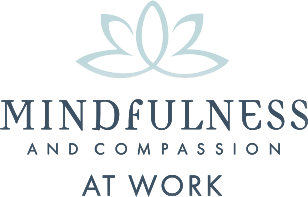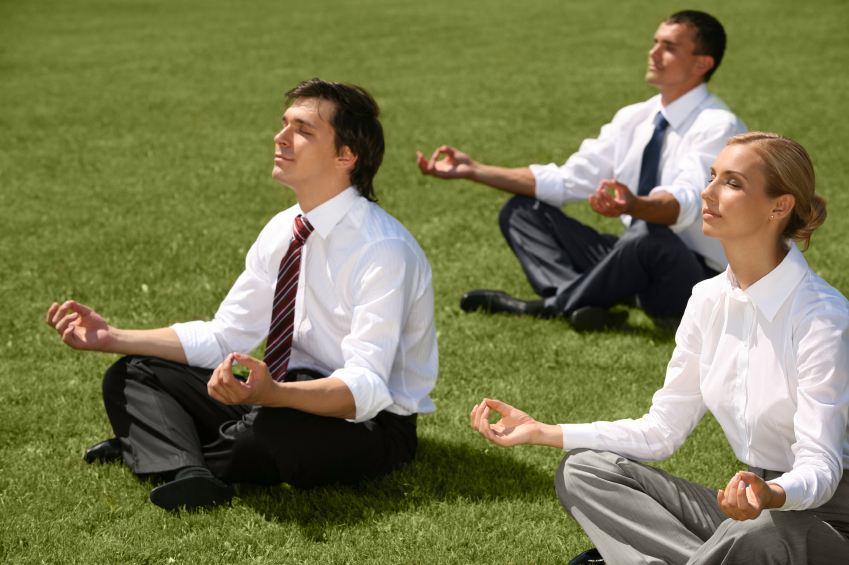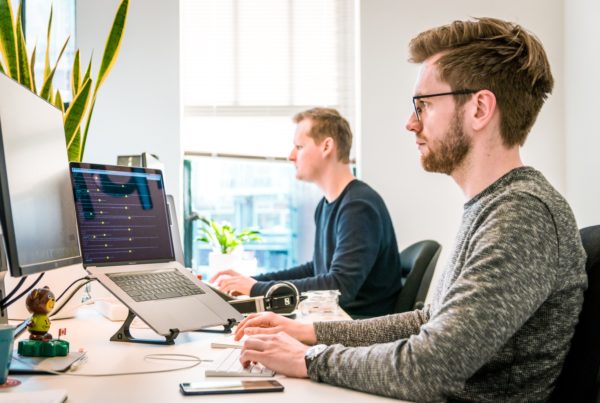Many workplaces still operate on outdated ideas of productivity: work and think faster, harder, longer, try to do more with less, increase your efficiency. ‘Human doers’ rather than ‘human beings’, overwhelmed with information and the relentless pressure to keep up with technology.
The sweatshop
Many employees experience work as the most stressful place to be, quite simply hazardous to their health and this is supported by research where twice as many people cite ‘job stress’ as a major problem than did ten years ago.
The downside
Attention deficit disorder, exhaustion, lack of focus, lack of engagement, anxiety, ill health and burnout have all become commonplace. A toxic work culture leads to lower job satisfaction, morale, engagement and productivity. Many workers operate at low levels of hyper arousal or fight / flight mode where habitual automatic negative thought and feeling cycles are triggered throughout their day.
“We are apt to get so caught up in the urgency of everything we have to do, and so caught up in our heads and in what we think is important, that it is easy to fall into a state of chronic tension and anxiety that continually drives our lives on automatic pilot” – Jon Kabat-Zinn, creator of the Mindfulness-Based-Stress-Reduction programme.
Is there a better way?
Productive work is about more than straining to get more stuff done, being overwhelmed by relentless demands and motivated by fear. The cost of stress in the workplace (by the need to leave our humanity at the door) not just on health and wellbeing but on the bottom line in terms of diminished performance, creativity, and productivity is making this approach unsustainable. There is a growing awareness that what’s good for employees and leaders is also good for business. More and more companies are realising that their employees’ health / wellbeing / ability to flourish is one of the most important predictors of the company’s health.
Neuroscience and other research evidence attests to the value of Mindfulness Training in building peoples’ inner resources, their mind and heart fitness so they are more resilient and in charge of their mental and emotional states.
Bottom line benefits but the ‘how’ looks very different
When people practice Mindfulness, and they bring calm and alert attention (nurtured by formal meditation practice) to each moment of their workday, change in how they work / interact and relate occurs naturally. They are less captive to automatic conditioned reactions, more open and able to see what’s really going on. Some of these changes are described below:
More Mindful Communication
We have all had conversations / attended meetings with people who were physically present but their attention was somewhere else, maybe on the text they were sending or the email they were reacting to or the last conversation they had or their plans for the week-end. Just imagine if those communications / interactions were actually open, frank, honest dialogue with people paying attention, building rapport, enabling empathy, understanding and co-operation.
More attention to task in hand and less multitasking
As people begin to see how inefficient it is to multitask, as well as how stressful they find the time and space to attend to what is strategic and of consequence, rather than constantly being sidetracked by what seems urgent. How many of us spend our days reacting to email? Instead of being able to focus full attention on the task in hand, many workers find themselves pulled in several different directions simultaneously which is nerve-racking, depletes their resources, yet nothing is done properly.
“Our attention is constantly being bombarded. Mindfulness cultivates our ability to sustain attention for longer periods of time – to actively be in the moment in order to make clear decisions…” Janice Marturano
More open-minded collaborative choices / decisions
Every choice and decision has a ripple effect. As we become more self aware, our perceptions are clear, not clouded by our own filters, biases, unacknowledged feeling. We are able to be more discerning, access deeper insight and wisdom. We are also more aware of our connection to ourselves and others so more likely to seek out win / win solutions.
More connected happier workforce
All employees want to be heard, seen; their efforts encouraged and recognised more. Across the board, leaders who undergo Mindfulness Training report significant benefits in their ability to listen, attend fully to their people, be more open to ideas and more aware of connectedness.
“Mindfulness allows me to lead with much more openness to the entire situation as opposed to having a fixed view of the way things need to be. I’ve become more open to others’ ideas and more willing to critique my own actions and honestly assess their impact on others.” Karen Phipps, president, Compusense.
More BEING, less burnout
Under pressure, high achievers often give up the things that replenish them. The fun stuff, exercise, week-ends, rest and relaxation. They put their heads down and try to get more done. The impact is that they are increasingly left with only work or other stressors that deplete their resources and exhaustion, inability to function effectively is the result.
Mindfulness – a vital part of the culture of leading organisations going forward
Mindfulness offers the possibility of mental and emotional rest, despite whatever external stressors emerge in the workday. Mindfulness helps us BE with these events / circumstances differently so that they don’t overwhelm us.
According to Janice Marturano, founder of the Institute for Mindful Leadership, Mindfulness has four main benefits:
- Focus : the ability to sustain attention when we choose
- Clarity : the understanding that I am more than my thoughts and emotions so can choose how to respond
- Creativity : the spaciousness to find solutions that are best for everyone
- Compassion : the capacity to be present and understand needs of our workplace, family, community, world.
So, what Next?
It’s clear that Mindfulness makes sense and many workplaces have major issues with stress and their peoples’ health & wellbeing. Maybe, it’s time to consider implementing a Mindfulness programme?
This blog was written by Joanne O’Malley, Mindfulness and Compassion. We offer organisational and individual: 1 : 1 Mindfulness Training, Customised Mindfulness Programme and a range of Mindfulness / Compassion Courses.
For more information
Please don’t hesitate to contact Joanne if you have any query?






